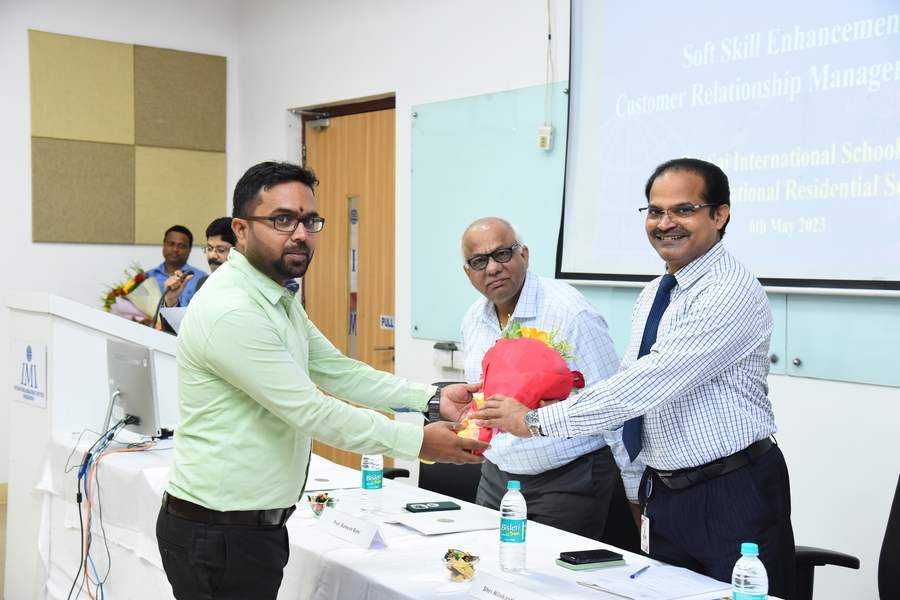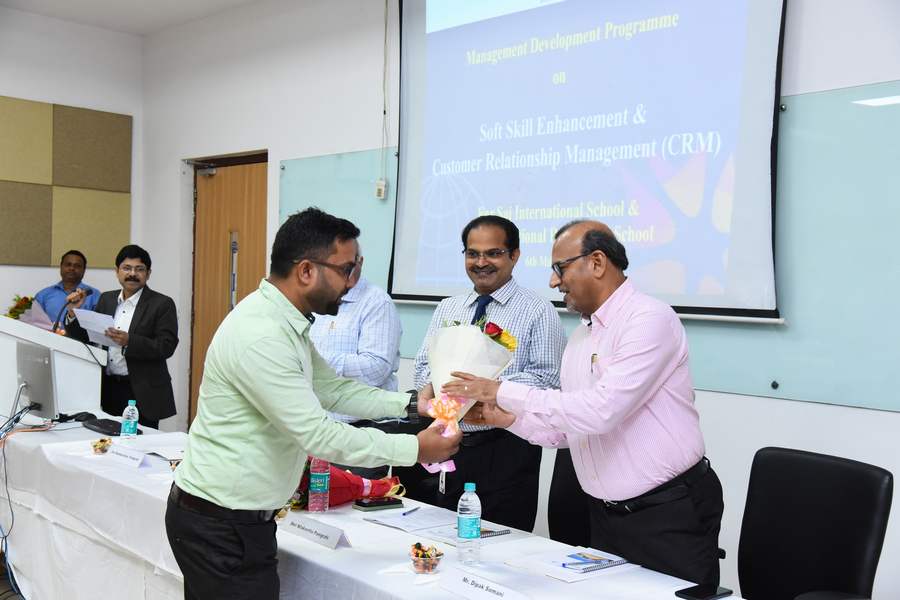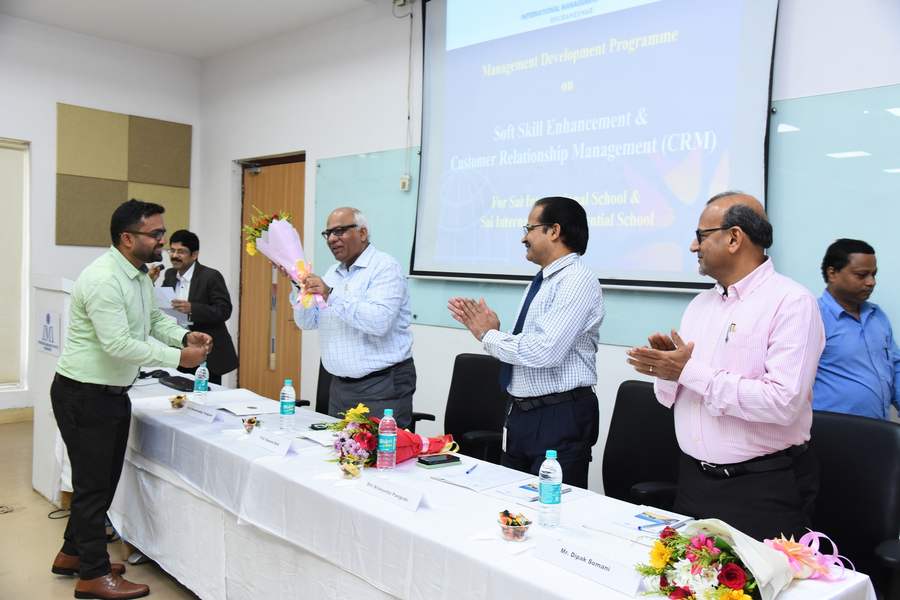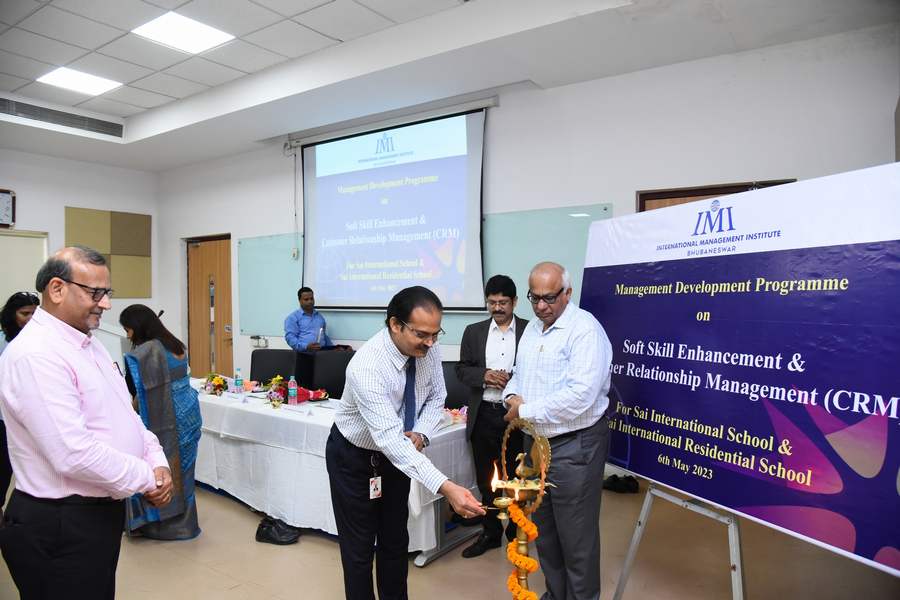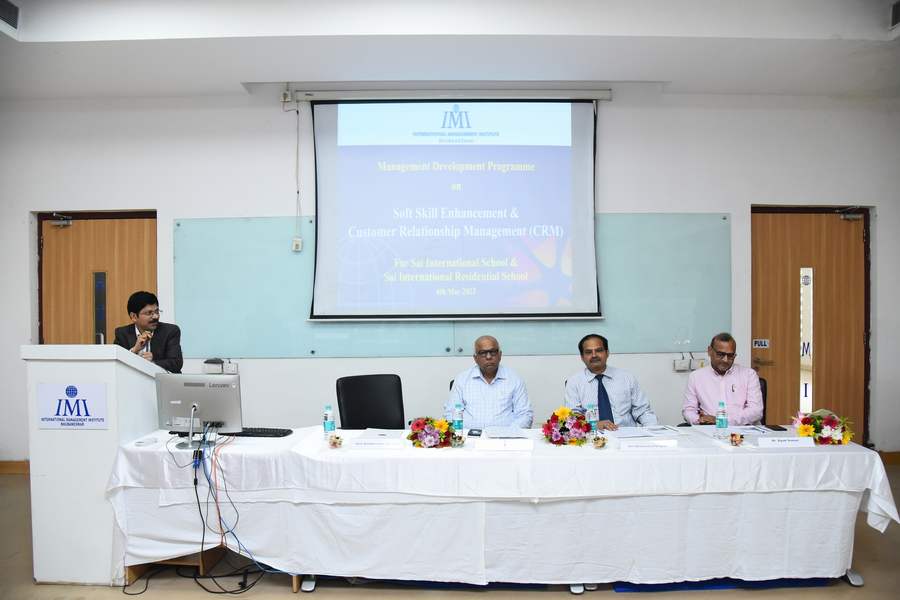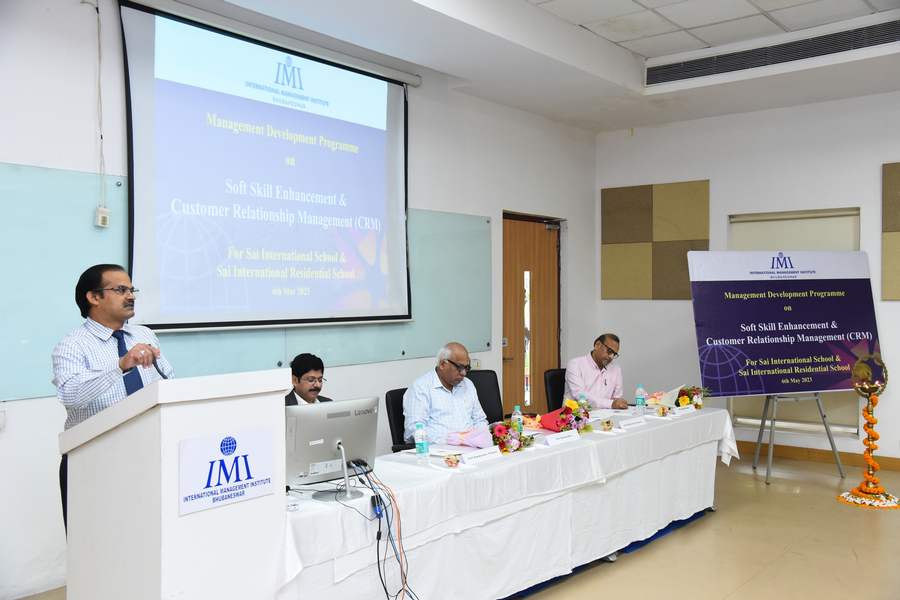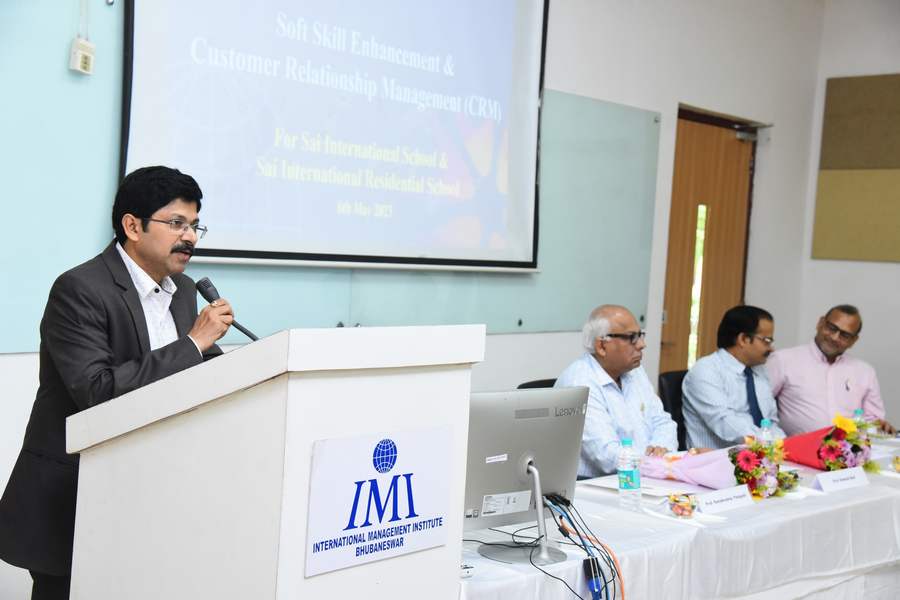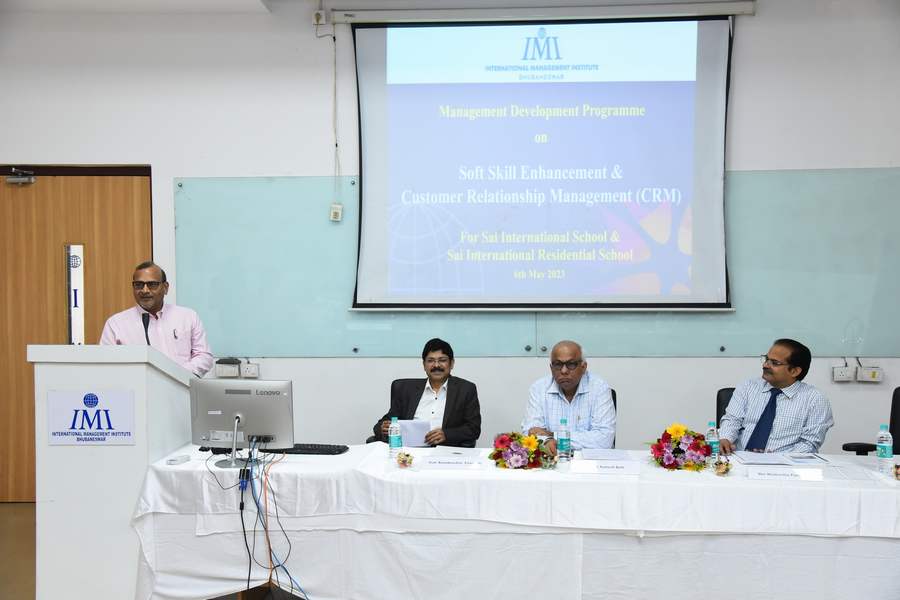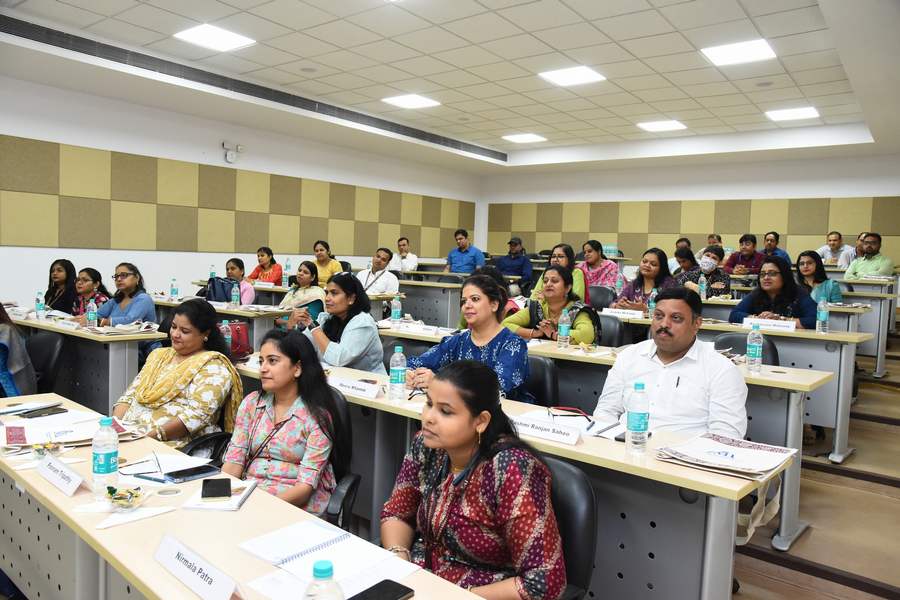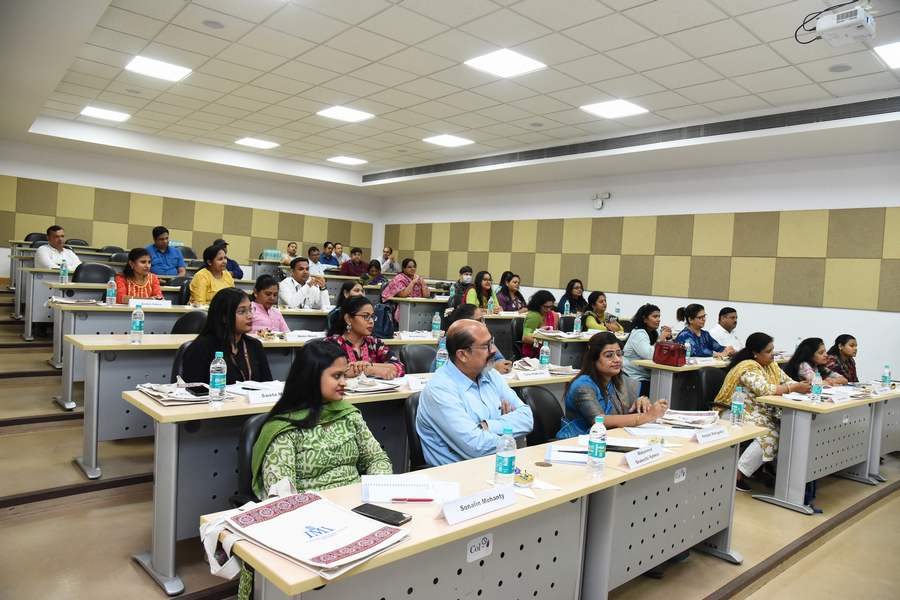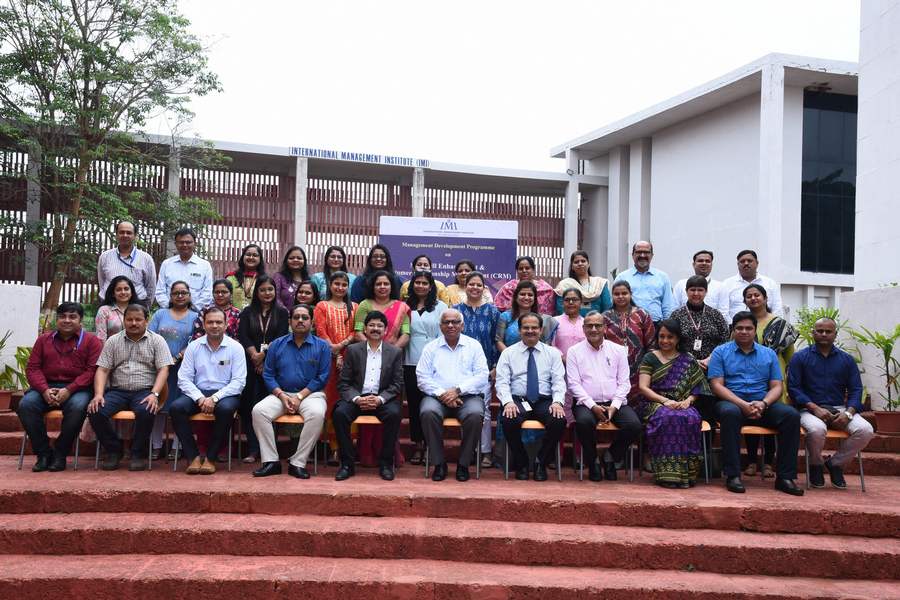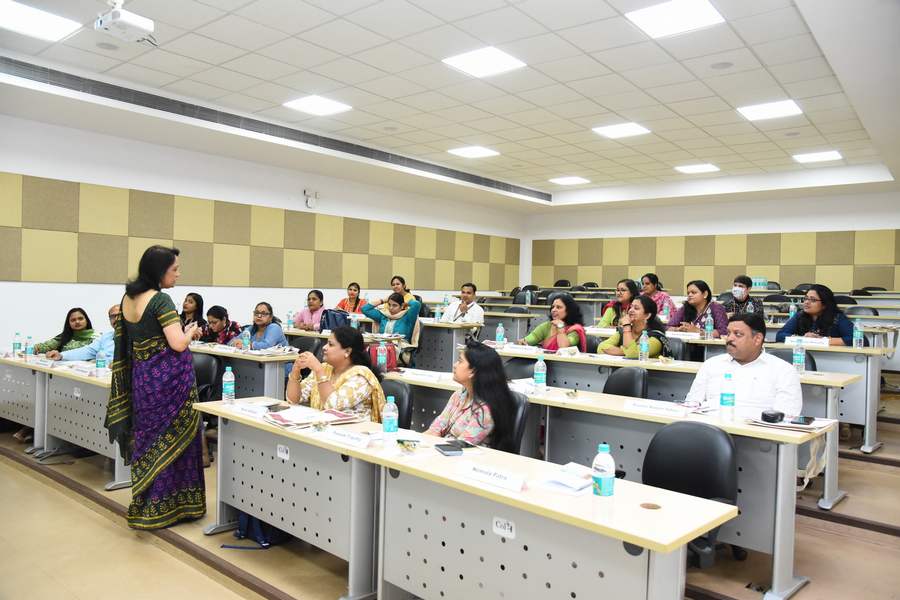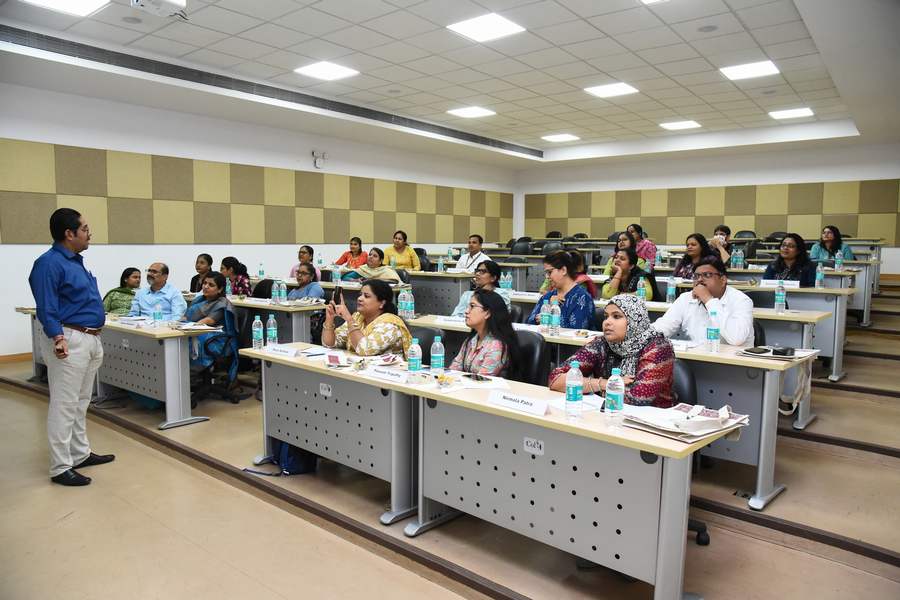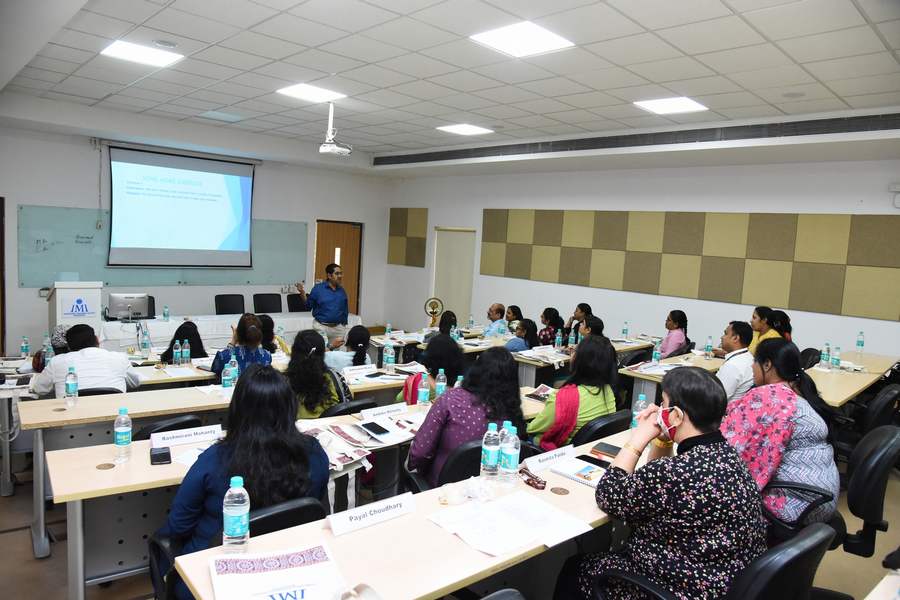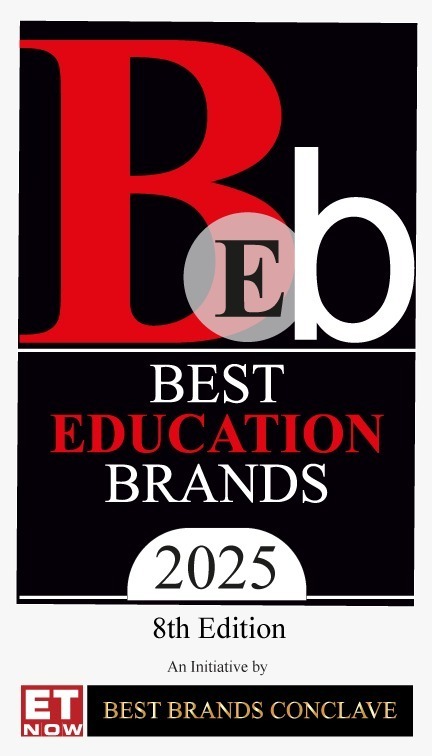“Change advocates implementing iterative experimental learning results in innovation.” -Anonymous
The admin members & executives of SAI International participated in an effective management development program (MDP) being conducted at IMI, Bhubaneshwar on May 6, 2023. It was a highly insightful session based on soft skill enhancement & customer relationship management (CRM) with various luminaries & resource persons guiding the participants through hands-on leadership workshops, which focused on tangible practices to help managers, team leaders & middle management to further increase employee engagement and foster transformational change within their organizations.
Emotional intelligence: Predictor of employees’ Wellbeing & Psychological Empowerment
The first session was on Emotional Intelligence (Ei) conducted by Prof. Bindu Chhabra who explained the faculty members about how the role of emotional intelligence (EI) on employees’ perceived wellbeing and empowerment, as well as their performance, by measuring their quality of care. They explored how the Ei trait of Interpersonal Relationships looks at one’s ability to establish and maintain mutually satisfying relationships which are characterised by intimacy and by giving and receiving affection. It involves establishing meaningful and close relationships, hence, people with healthy relationship skills are good networkers and good team players, they develop stronger long-lasting relationships.
Verbal & Non-Verbal Communication: A Powerful Tool for Effective Management
In today’s business world and in any surroundings, communication serves as a basic and is considered a critical function. In this insightful session led by Prof. Shirshendu Ganguli, the participants were enlightened about the fact that- no matter what is the message one needs to convey, its success depends on how effectively they are able to get it through. Being an impactful manager, and a clear communicator goes hand in hand. They understood how A major proponent to effective communication extends beyond what managers say to how they say it. They participated in hands-on role plays with their peers where, giving inadvertent cues with their body language, which affected how their messages were received by the audience, which can in turn affect relationships.
Customer Relationship Management
In this session conducted by Prof. Manit Mishra, the participants learnt about the role of Customer relationship management (CRM) in managing all business relationships and interactions with existing and potential clients within a company. Its purpose is simple: improving business relationships & staying connected to customers, streamline work processes, and boost revenues. They became more familiar with terms such as holistic marketing, lead generation & management, contact management & the role of analytics, integration & customization for forecasting better feedback from concerned prospects. Customer-centric practises in terms of brand value were highlighted in this session. The admin members learnt further about various CRM models to inculcate in their interactions with their clientele.
Soft-Skills For Improved Oversight of Internal & External Stakeholders
Participants were asked to think of their favourite manager, from their past or present. What were the skills this person exhibited which made them great to work with? The survey results were interesting. The typical characteristics were technical, analytical and on-the-job experience. However, though these skills were at the top of the list, they were not the most significant. The most valuable skill was the manager that had strong people skills. The employees worked harder, enjoyed their job and were highly motivated. This session conducted by Prof. Prof. Pratyush Banerjee shed some light on how Interpersonal skills are the key to success in leading teams, negotiating and maintaining great relationships with our internal and external customers.
Transforming Managers into Visionary Leaders
This MDP facilitated by SAI International in collaboration with IMI workshop, was immensely instrumental in paving a practical starting point to improve an organization’s chances of stimulating & sustaining change & innovation amongst the organizations’ people. A perfect example of employing collaborative experimentation to improve the chance of success at innovation. Communicating with stakeholders brings new ideas, corrects problems, addresses market needs, and speeds up the innovation process!
